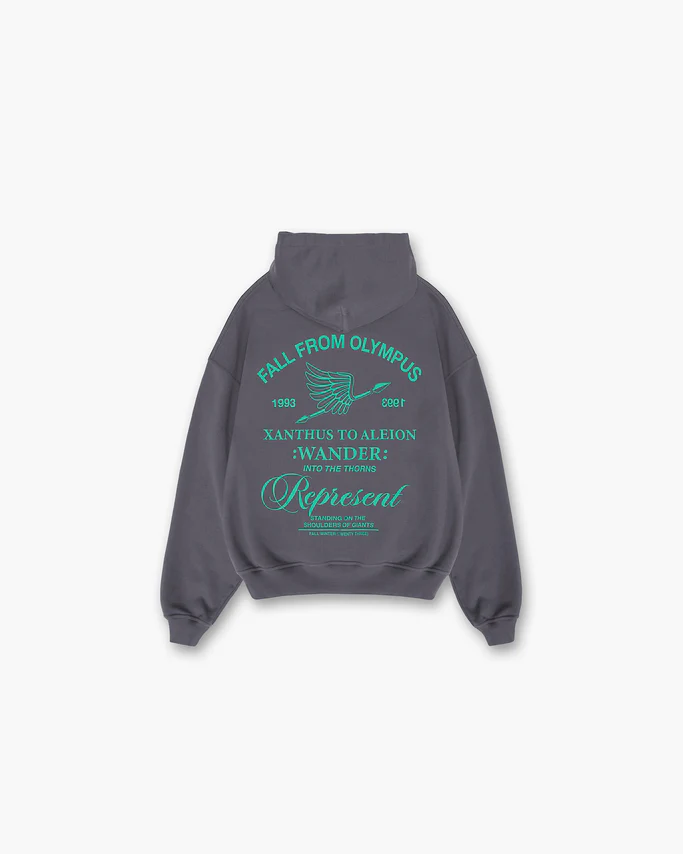The Rise of Ethical Fashion
In recent years, a significant paradigm shift has taken place in the fashions industry. Visit now representofficials.com Beyond the allure of glamour and style, there is a growing recognition of the importance of ethical production practices among fashion brands. This article delves into the evolving landscape where sustainability and ethics intersect with the world of fashions, highlighting the strides made by leading brands in embracing responsible production methods.
Defining Ethical Production Practices
Before delving into the actions taken by fashion brands, it’s crucial to understand what we mean by “ethical production practices.” In the context of the fashions industry, this encompasses environmentally friendly processes, fair labor practices, and a commitment to social responsibility.
Environmental Sustainability
Leading the charge for change, pioneering fashions brands are increasingly adopting sustainable and eco-friendly manufacturing processes. From utilizing organic fabrics to implementing water-saving technologies, these brands are prioritizing the reduction of their environmental footprint.
Fashions Industry Trailblazers
Innovations in Material Sourcing
Stella McCartney, renowned for her commitment to cruelty-free fashions, has set a benchmark by championing alternative materials. From vegetarian leather to sustainable silk, her brand showcases how luxury and sustainability can coexist harmoniously. In the ever-evolving world of fashions, the clash between fast fashion and slow fashion has become a pivotal discussion. The consequences of rapid production cycles in the fashions industry are now more apparent than ever. This article delves into the intricacies of this dichotomy, shedding light on the environmental, social, and economic impacts that often go unnoticed.
Circular Fashion Economy
Embracing the circular fashion economy, Stella McCartney is reshaping the industry’s approach to waste. Her brand’s take-back programs and innovative recycling initiatives exemplify a commitment to reducing fashion’s impact on landfills. Fast fashions, characterized by its quick turnaround from design to production and low-cost manufacturing, has dominated the industry in recent years. Brands following this model prioritize quantity over quality, churning out trendy clothes at an unprecedented pace. This approach may seem lucrative, but the hidden costs are substantial.
Patagonia: Melding Activism with Apparel
Worn Wear Initiative
Patagonia, an outdoor clothing company, has taken an unconventional approach to promote ethical practices. The Worn Wear initiative encourages customers to buy used Patagonia products, promoting a culture of reuse and reducing overall demand for new items. The environmental ramifications of fast fashion are staggering. High-speed production leads to increased waste, with tons of clothing ending up in landfills each year. The extensive use of synthetic fabrics and harsh chemicals further contributes to pollution. A diagram depicting the life cycle of fast fashion and its environmental impact is presented below:
Fair Labor Practices
Beyond environmental initiatives, Patagonia places a strong emphasis on fair labor practices. The brand’s transparency regarding its supply chain ensures consumers are aware of the ethical standards upheld in the production of their garments. In stark contrast, the slow fashion movement advocates for a more sustainable and ethical approach. Emphasizing craftsmanship and durability, slow fashion promotes quality over quantity. This not only reduces the environmental footprint but also encourages consumers to invest in timeless pieces that withstand trends.
The Consumer Impact
Educated Consumer Choices
As ethical considerations increasingly influence purchasing decisions, consumers are becoming more discerning. The demand for ethically produced fashion has resulted in a shift in consumer behavior, prompting brands to align with sustainability to stay relevant. While fast fashion may seem economically appealing on the surface, its long-term consequences are detrimental. The constant need for new trends leads to a disposable culture, where clothes are discarded after minimal use. This perpetuates a cycle of overconsumption and hampers the growth of a more sustainable economy.
Conclusion
The fashion industry’s acknowledgment of the importance of ethical production practices marks a transformative period. Brands like Stella McCartney and Patagonia are leading the charge, proving that fashion and ethics are not mutually exclusive. As consumer awareness continues to grow, the future of fashion lies in the hands of those who prioritize sustainability, setting a new standard for an industry that reaches every corner of the globe. Slow fashion places a premium on fair labor practices and ethical sourcing of materials. This ensures that garment workers are treated justly, and the supply chain is transparent. By supporting slow fashion, consumers contribute to a more equitable and humane industry.
